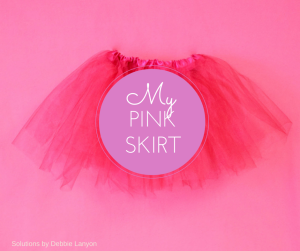We have all heard the expression ‘love is blind’, and sometimes it is.
Some would question is there a difference between being in love and loving someone? And the answer is yes. Now I am not a relationship expert by any stretch of the imagination, but I can tell you a little about how the brain works and why sometimes things don’t goas well as we would like, or indeed how we had planned. So if you have an interest in some of the science about being in ‘Love’, read on.
When you fall in love the brain produces higher amounts of Dopamine for approximately 12 months. Dopamine stimulates desire and that wonderful feeling of euphoria. During the very early stages your brain also produces more Adrenaline, hence the sweaty palms and pounding heart when you see your new love. Serotonin is also increased, (Serotonin is higher in people with OCD) the reason your new love keeps popping into your head and you can become obsessed.
This is the honeymoon period of a relationship, or the proverbial ‘rose coloured glasses phase’. Where your new love can do no wrong, you promote their virtues, cannot see their flaws and also believe that you are the only person in the entire world to have felt this way, or have this very special of relationship.
The reason this occurs is the survival of the human species, this excess chemical release is intended so that you fall madly in love and procreate. After about 12 months, those rose coloured glasses can come off and the things that you found so adorable before can become very annoying, that is if you have not taken the opportunity to develop a loving relationship that is about unconditional love.
Your Second Chance at Being in Love
However, Nature is not that cruel. If you missed the initial opportunity, you are given a second chance. This is to give you time to raise your family. After the excess Dopamine etc., the brain releases a surplus of Oxytocin (not OxyContin to numb your senses). This release lasts for anywhere between 4-6 years. This could explain the 7 year itch? Now Oxytocin is also referred to as the love/hate hormone, why? Well at its best is promotes feelings of trust and attachment, however its opposing forces can affect behaviours such as envy, suspicion and jealousy. So beware the double edged sword.
Now nature gives you this additional time to develop a loving relationship, and I can say with certainty like anything in life: a friendship, a plant, your career, a pet, and dare I say a loving relationship – you must spend time nurturing it. It is not enough to say, well we are together now that’s it. No folks like anything that you want to excel at, anything that you want to thrive or you want to be successful at. You must work at it.
So next time you can’t be bothered putting in a little effort, maybe consider the last time you did something at work that you didn’t really want to do and how it paid off. Or how tending the garden was a bit of a chore but the rewards at the end were amazing. There is payoff for nurturing and spending time on things – isn’t a long term committed relationship worth it?
Deb




